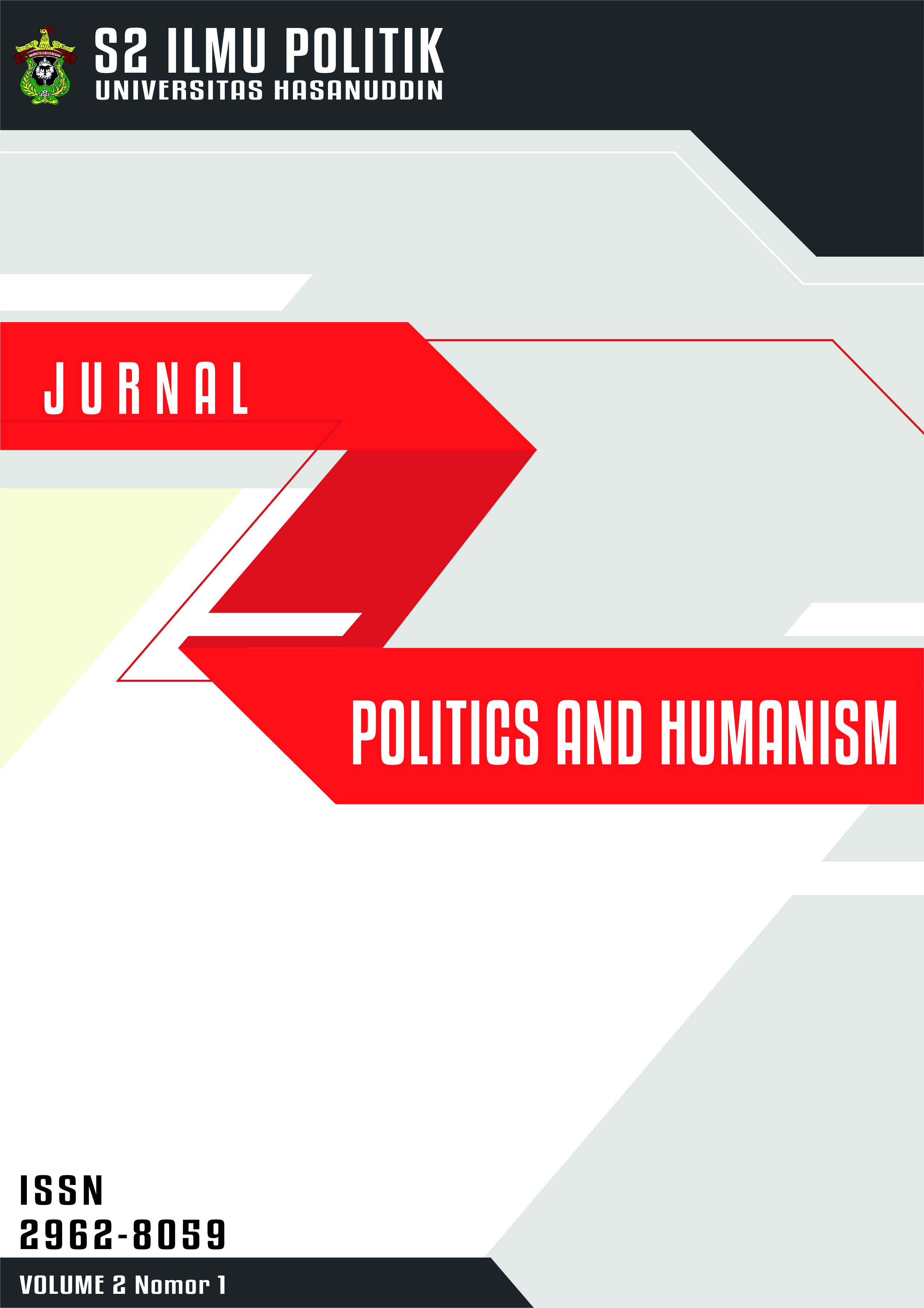Main Article Content
Abstract
The problem examined in this study is about the practice of money politics which always occurs in every general election in Indonesia. This research examines the perceptions of the people of Nagari Saruaso regarding money politics in the local elections that held in 2020. The theory used in this study is the theory of P. Robbins regarding two forms of human perception, namely positive perception and negative perception. This study aims to find out the positive and negative perceptions of the people of Nagari Saruaso towards money politics during the local elections in Indonesia in 2020. This Studi used the qualitative research method with the results in the form of descriptions of words and language. The technique for selecting informants in this study used the quota sampling method, namely the technique for selecting informants by determining informants from the population who have certain characteristics according to the quota set by the author. There were 14 informants in this study who came from seven elements of the Nagari Saruaso community with each element being represented by two people. The results of this study indicate that positive perceptions of money politics were found to come from three members of the public while the remaining 11 members of the public had negative perceptions of money politics. So the three members of the public who have positive perceptions are tolerant and permissive towards money politics in the local elections in 2020. The aim from this research is that related parties such as election organizers and the government can see the facts on the ground that many people are massively permissive towards money politics in elections, especially regional elections in Indonesia.
Keywords
Perception
Society
Nagari Saruaso
Money Politics
Pilkada
Article Details

This work is licensed under a Creative Commons Attribution 4.0 International License.
How to Cite
Zendra, A. ., & Fitri, U. . (2023). Nagari Saruaso Community Perceptions of Money Politics in the 2020 Regional Elections. Politics and Humanism, 2(1), 48-56. https://doi.org/10.31947/jph.v2i1.26867

